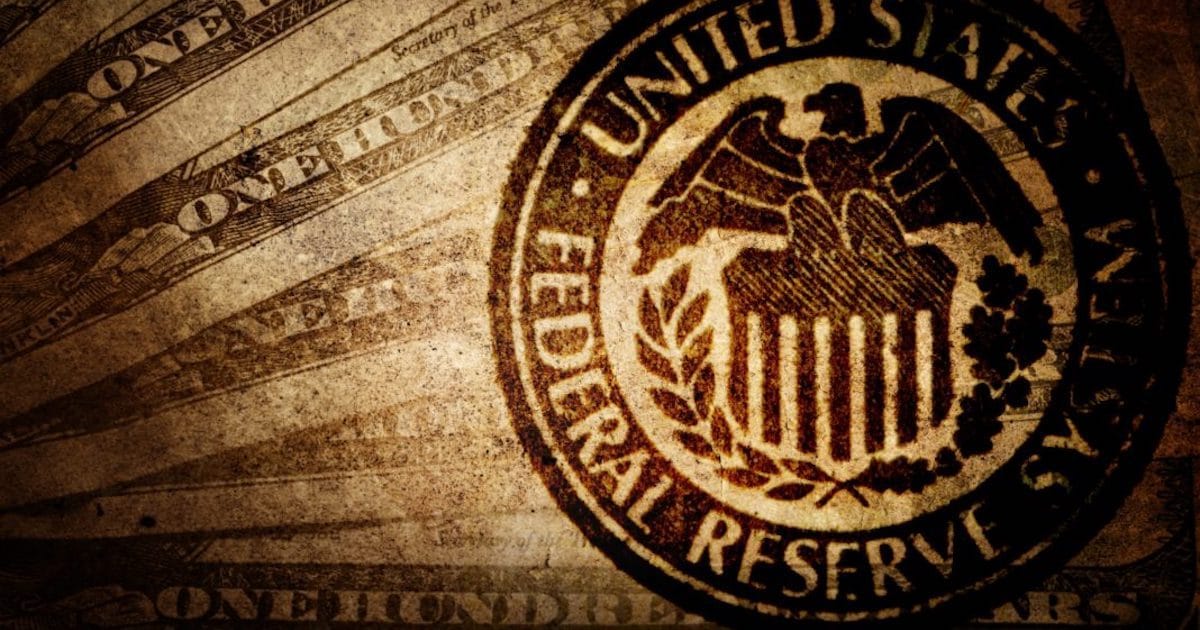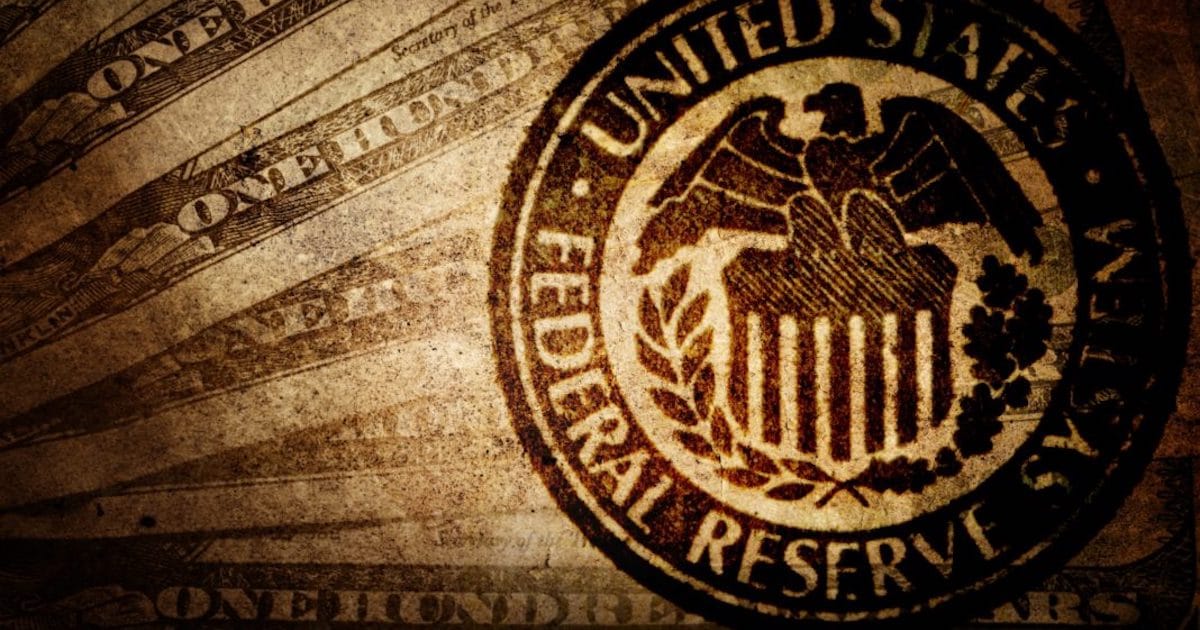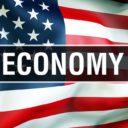

What’s the biggest problem with the Federal Reserve?
The obvious answer is that the Central Bank is susceptible to Keynesian monetary policy, which results in a harmful boom-bust cycle.
For instance, the Fed’s artificially low interest rates last decade played a key role–along with deeply misguided Fannie Mae-Freddie Mac subsidies–is causing the 2008 crisis.
And let’s not forget the Fed’s role in the Great Depression.
Today, though, let’s focus on a narrower topic.
As Norbert Michel explains for the Heritage Foundation, the central bank is trying to expand its power in the financial system.
…one of the “potential actions” the Fed Board is considering is to develop its very own real-time settlement system. This approach makes many private sector actors anxious because no private company wants to compete with the feds. …Since its inception, the Fed has been heavily involved in the U.S. payments system. And one can easily argue that the system has lagged behind precisely because the Fed has been too involved. …The Fed also effectively took over the check-clearing business even though the economic case for such a move was highly suspect. Private firms were doing fine. In fact, there is a long history of the Fed usurping the private market.
Here are some details on the Fed’s most-recent power grab.
…the government is once again angling to take over a function that private firms are already providing. The Clearinghouse, a private association owned by 25 large banks, launched its own system—Real-Time Payments (RTP)—in November 2017. …the private sector is better than the government at providing more goods and services to more people. In the private sector, competitive forces and the need to satisfy customers create constant pressure to innovate and improve. Government entities are wholly insulated from these pressures. The government should not provide a good or service unless there is some sort of clear market failure, where the private sector has failed to provide it. This type of failure clearly does not exist in the payments industry.
Norbert is right. Competition is the way to get better outcomes for consumers.
As such, it’s rather absurd to think a government-operated monopoly will produce good results (look, for instance, at its cronyist behavior during the financial crisis).
Now let’s zoom out and consider the big picture.
Richard Rahn has a column in the Washington Times that raises questions about the Fed’s role in a modern economy.
Is there a need for the Fed? …The Fed has an extensive history of policy mistakes, (too long to even summarize here). The problem has been the assumption that the Fed had better information and tools than it had. At times, it was expected to “lean against the wind” as if it had information not available to the market — or smarter people. In Hayekian terms, it suffered from “the pretense of knowledge.” At this point, it may be beyond fixing. Several very knowledgeable economists who have held high-level positions at the Fed, including regional bank presidents, have begun discussions about setting up a new commission to rethink the whole idea of a Fed and its activities. The structure that now exists is a jerry-built concoction that has been assembled in bits and pieces for more than a century — and increasingly appears to be past its expiration date.
I’ve written about the need to clip the Fed’s wings, but Richard’s column suggests even bolder action is needed.
Larry White and John Stossel also have questioned the role and power of the Federal Reserve.
In any event, one thing that should be clear is that the Fed hasn’t used its existing powers either wisely or effectively.
Thomas Sowell is right. Don’t reward a bureaucracy’s poor performance by giving it even more power.






